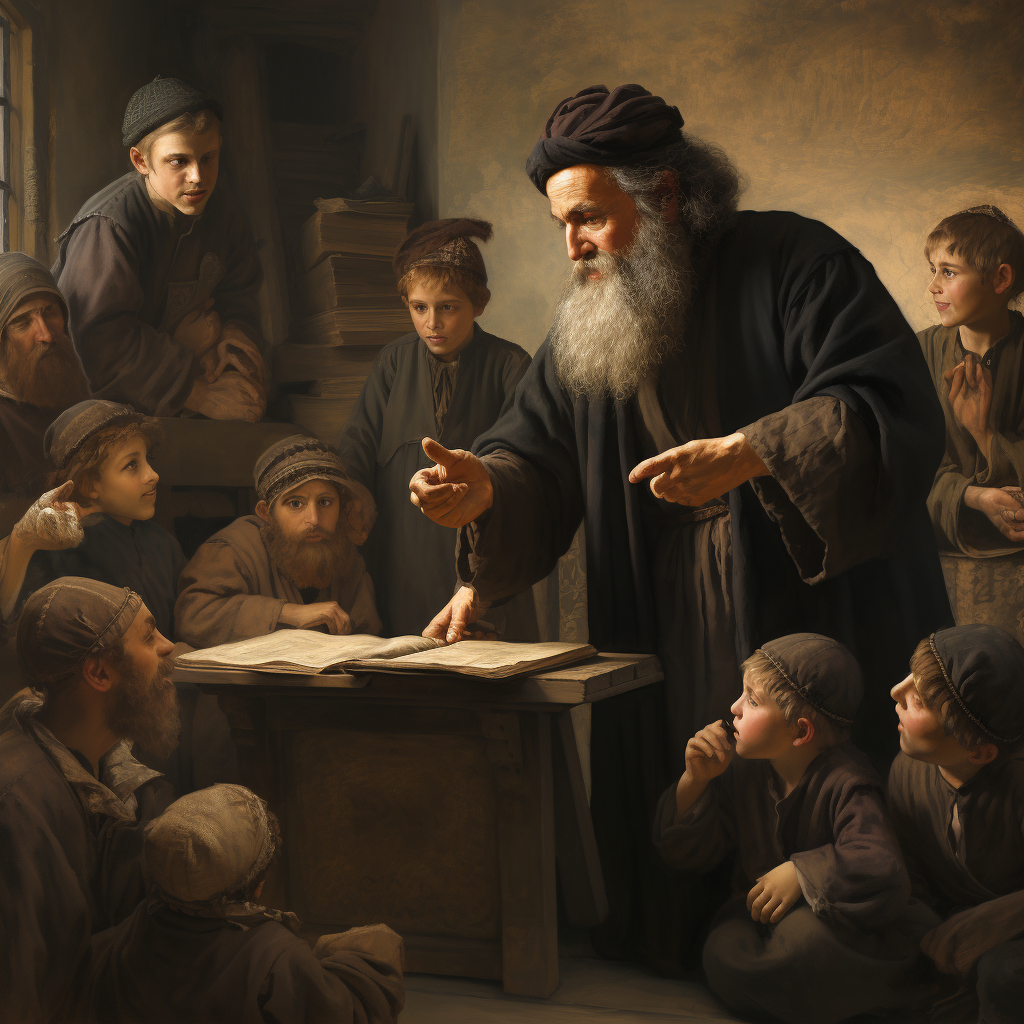There is a golden rule known to every preacher: always start your sermons with a question. A good question captivates and has the audience craving a resolution. If a clever answer is given to a profound question, the sermon can be considered to have been successful. Questions are the greatest conduit to the furtherance of knowledge. It is therefore ironic how many of us go through our lives without questioning. How often have we asked really searching questions about the world we live in? Many of us would rather live an easy life without tackling difficult issues. But is curiosity really a virtue?
Judaism seems to contend that it is, indeed, it encourages inquisitiveness. As Jews, this trait is inculcated in us from the youngest age. As soon as a child can read, he is taught to recite the “Four Questions” each Pesach on the Seder night. These questions educate the child to enquire critically about things that he sees and hears. Judaism recognizes that the best way to gain knowledge is by probing. One finds this characteristic throughout Jewish literature. The most famous and oft-quoted Jewish text other than the Bible itself is the Babylonian Talmud, which can be best described as a work of questions and answers. The Rabbis of the Talmud recognized that the supreme way of gaining knowledge is by asking probing questions. But there are limits.
Most of the questions asked in the Talmud are legal. The rabbis of the Talmud did not generally ask existential questions. Ontological questions were posed only when religion and philosophy began their liaison in the early middle ages. However, as philosophy was on the whole not seen as the mainstay of religion, these questions were debated by the few rather than by the many. Hasidism and, in particular, the school changed all this. Suddenly we find existential questions being asked in mainstream Chassidic works. The most probing of ontological dilemmas are now discussed openly, not only by the elite but by the average 15-year-old Yeshiva student as well. In good neo-Platonic style, a Chassidic discourse may start off with the question: how did a finite world emanate from an infinite God?[i] Using the Kabbalistic theosophy on which Chasidism is based, the discourse will use this question to explain the Lurianic concept of the primordial Tzimtum (contraction of Divine light), which ultimately resulted in a finite world.
The fact that these Kabbalah-based teachings are not afraid to ask such difficult existential questions is both refreshing and instructive. Some are fearful of asking questions that may in some way end up compromising their faith. The School conversely encourages the asking of searching and difficult existential questions. Indeed while most Talmudic questions are legal, the majority of Chassidic questions are existential. The contention is that, as the great Jewish philosopher and codifier Maimonides (1138-1204) put it, faith alone is not enough; one must have knowledge of God.[ii] True knowledge is best gained by posing fundamental questions. Curiosity is indeed a virtue: the more one enquires the more knowledge one will ultimately gain. As long as the questions are part of a process for reaching greater clarity and understanding, no question should ever be off limits. As one of history’s great men put it, “The desire to know is natural to good men.”[iii]
